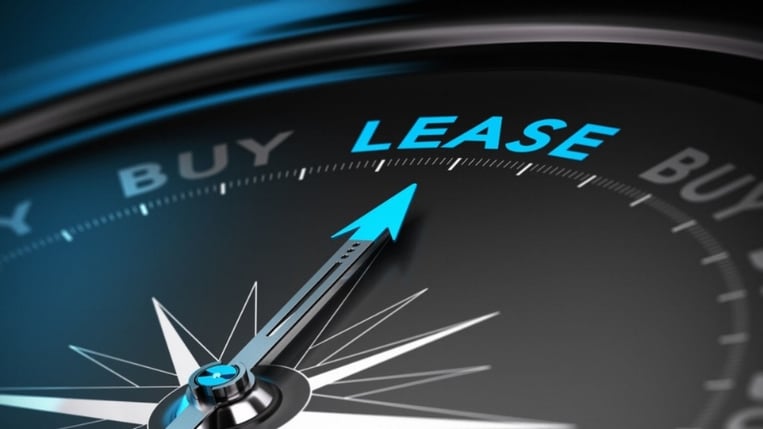
What’s your company policy when it comes to leasing or buying vehicles? Are you sure you’re making the smartest choice?
Whether you choose to lease or buy, all businesses accept that a fleet will cost them money, as long as it’s a necessary business expense and the rewards are reaped in the end. The choice between leasing or buying can make a huge difference to your annual cost, as well as the overall efficiency of your business. So how do you decide whether you should lease or buy for your company fleet?
-
Look at your core business
Take a step back and look at your core business, as well as the size and scope of your fleet needs. If your fleet is running as a support function and isn’t the core scope of your business, leasing can be a very effective solution. There are many reasons, but it comes down to a few basics:
- If fleet isn’t your core function, then odds are you don’t have a massive fleet department. Leasing will ease the admin.
- Cash flow – by not purchasing vehicles outright your company will have a steadier and more predictable cash flow.
- All vehicles depreciate over time and if you’re leasing you don’t have to try recoup a portion of the purchase cost, because you didn’t pay it.
That said, many procurement departments will still question the expense of leasing as it is still a cost to the company every month, but with the physical asset of owning the vehicle. No matter what type of business you’re in, it is well getting a professional fleet company to help you do a ‘Lease vs Buy’ cost analysis for your specific operation. There may well be good reason to buy certain vehicles whilst others should be leased – it all comes down to the specific needs of your business.
-
Replacement cycle
Your required vehicle replacement cycle can play a big role in whether you decide to lease or buy. All fleets vary, but lease agreements aren’t always as flexible. If you decide to lease, you will be signing a fixed-term contract, often with the option to extend. In many cases you can negotiate some flexibility to shorten or even cancel contracts, but at the end of the day you’re still signing a contract to lease that vehicle for a specified amount of time.
Purchasing vehicles, on the other hand, allows you complete freedom to replace / sell / buy fleet vehicles on your own terms. If your fleet operations are by nature, extremely unpredictable, purchasing a certain amount of vehicles may be the best choice as there will be no penalties if you have to sell or replace on short notice.
-
New or old
Companies that lease their vehicles tend to replace them more frequently. This means your fleet always consists of relatively new models (two to three years). Buying vehicles usually means you have to keep them a little bit longer in order to achieve the most cost-effective cycle (four to six years). This is a generalisation based on industry statistics and will vary for each business. But as a general rule of thumb, purchased vehicles tend to stay on fleet much longer than their leased counterparts.
By keeping vehicles on fleet for longer, you run the risk of higher maintenance and repair cost as they get older and build up wear & tear. Another factor to consider is company image: if your company relies heavily on public branding, then it’s in your best interest to always have newer vehicles on your fleet.
But again, it is possible to negotiate brilliant deals with manufacturers (depending on time, type of vehicle, number, usage etc.), that are more cost effective than long term leasing. It all depends on the details.
South Africa has always been a traditional buy / sell market when it comes to vehicles, for private as well as business use. For that reason we didn’t have as many leasing options as other countries. Over the past number of years, however, leasing has become an increasingly attractive option as many companies prefer to hang onto their cash flow. The leasing industry has therefore grown and improved tremendously, and there are now plenty of lease structures to choose from.
Our advice would be to arrange a consultation to do a full cost analysis and see where buying or leasing will benefit your fleet and overall business in the long run.
